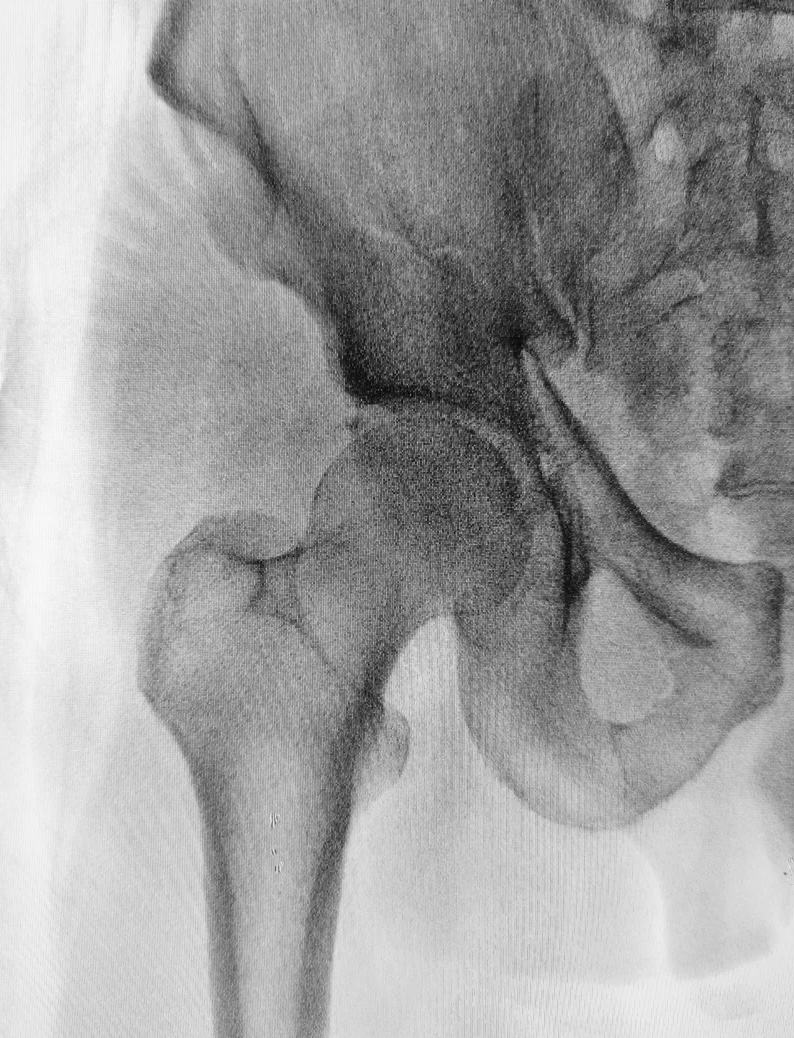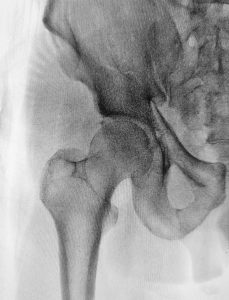
Bone density scans may be an indicator of a future dementia diagnosis.
Dementia is a difficult illness for the afflicted loved one and their loved ones.
It can cause concern over safety if the person forgets whether medications have already been taken.
Dementia can also pain the heart if loved ones have trouble remembering family and friends.
With this in mind, researchers are studying the development and risk factors for the disease.
According to a recent News Atlas article titled “Common bone density scan can predict later-life dementia risk,” one such study found the presence (or lack) of calcium can predict dementia development.

Bone density scans are relatively low cost and low risk compared to x-rays.
The study utilized data from a long-term research project of about 1,000 women titled The Perth Longitudinal Study of Aging Women.
The original study collected data to evaluate the impact of calcium supplements on preventing osteoporotic fractures.
The original study also included more than a decade of followup data on these research subjects.
The newer study published in The Lancet Regional Health involved researchers from Edith Cowan University in Australia.
These researchers focused their study on bone density markers and dementia onset.
According to their hypothesis, certain biomarkers in bone density scans could be used to predict whether a subject would develop dementia within the next 15 years.
What did the study find?
When reviewing the bone density scans, the researchers focused on the presence of abdominal aortic calcification (AAC).
Abdominal aortic calcification occurs when calcium builds up in the largest artery in the human body.
Although it has historically been referenced as a marker for risk of stroke or cardiovascular disease, researchers noted a correlation to dementia development as well.
The women who had medium or high levels of AAC in their mid-70s were twice as likely to experience death or hospitalization from dementia in the next 15 years.
These research findings may improve the screening process for dementia.
Bone density scans are simple to capture and are not as invasive as CT or X-ray sans.
Because bone density scans are often given to seniors, many individuals may find dementia screening more affordable and accessible.
Additionally, the bone density scans provide further proof of the connection between brain health and cardiovascular health.
By demonstrating AAC as a risk factor for dementia, doctors and patients may be able to utilize the information to make lifestyle changes and prevent cognitive decline as seniors.
Reference: News Atlas (June 27, 2022) “ Common bone density scan can predict later-life dementia risk”
REMEMBER: “The choice of a lawyer is an important decision and should not be based solely upon advertisements.”
This statement is required by rule of the Supreme Court of Missouri.
